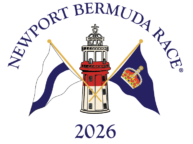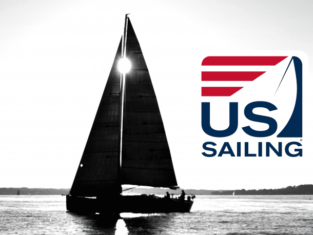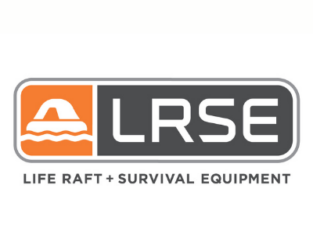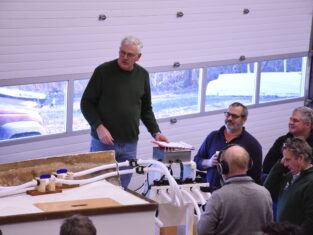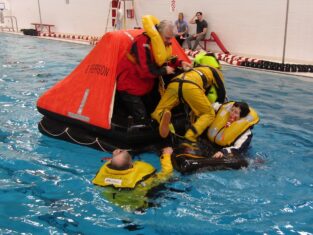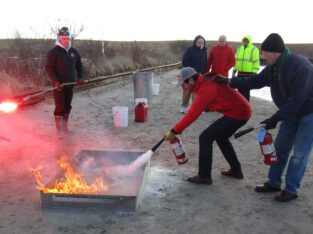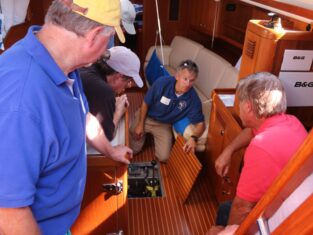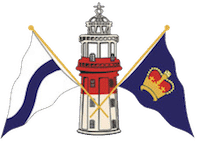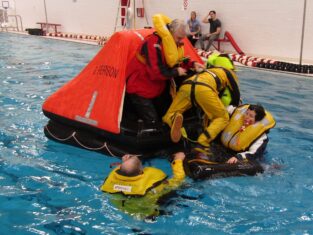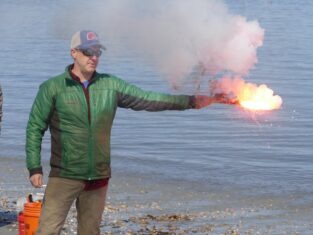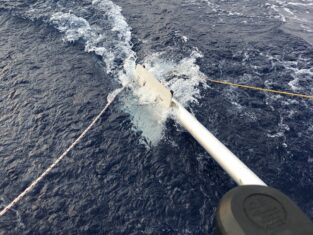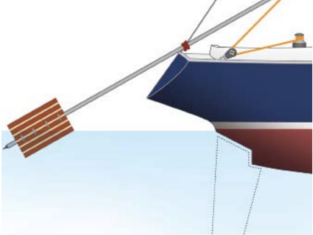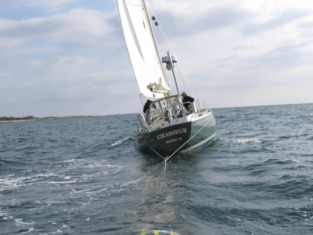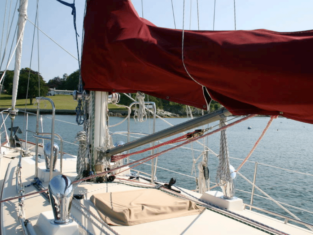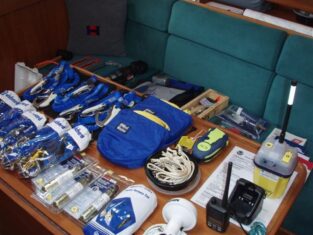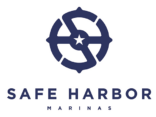Safety at Sea Preparation
Resources for sailors to safely plan for offshore
Prevention and preparedness are best ways to avoid injury and stay safe during any offshore experience. These resources are to help in that process. The more crewman trained via Safety at Sea courses, CPR/First Aid, and more is always the best way to prepare.
Fleet Surgeon’s Memorandum
From the CCA Fleet Surgeon, Jeffrey S. Wisch, M.D. Updated 2025
All sailors should read the Fleet Surgeon’s Memorandum for Offshore Passages. From managing trauma, seasickness, and sunburn to preparing for critical emergencies like heart attacks, asthma, or severe allergic reactions, this guide is essential reading for any offshore crew.
It’s packed with advice, downloadable sample equipment lists, and medical checklists to help you be ready when it matters most.
This memorandum is informational only and is not intended to be a substitute for professional medical advice.
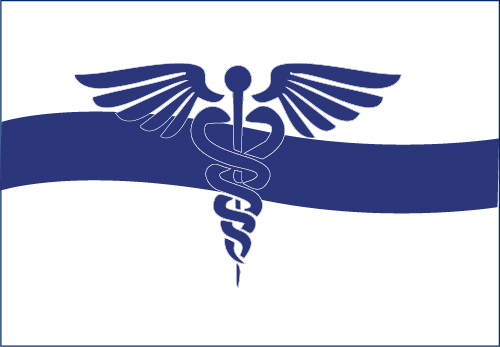
Safety at Sea Courses
At least 30% but not fewer than two members of the crew including the Person-In-Charge (PIC) must hold a World Sailing Approved Offshore Personal Survival Course Certificate. All are encouraged to take these courses prior to the Race.
Life Jackets and Harnesses
In 2022, US Sailing, the national governing body for sailing in the U.S, released the report requested by the Bermuda Race Organizing Committee regarding the tragedy that occurred during the running of the 52nd Newport Bermuda Race. We hope all sailors will learn the importance of life jackets and clipping from this tragic incident. Review the presentation and report below.
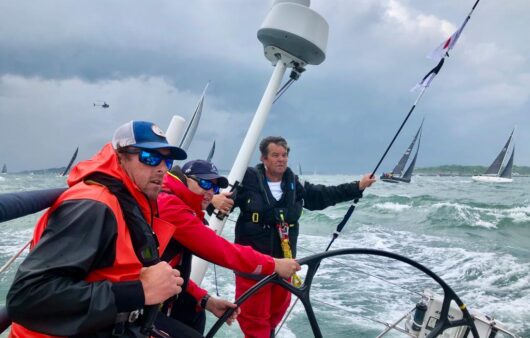
Seasickness
"Perhaps no malady to which mankind is subject is productive of so much real suffering with so low a percentage of mortality, as the peculiar affliction known as seasickness.” (Scientific American, 1912).
In reviewing the 2012 Newport to Bermuda Race medical reports, there were 54 cases of self-reported seasickness on board vessels. I suspect, however, that the number of reported cases of seasickness significantly underestimates the actual incidence of this illness that may present in a full range of stages ranging from slight queasiness to severe nausea and vomiting. Anecdotally, I suspect that mild cases were not formally logged and some of the cases occurred without any thought toward preventative measures.
All crew should read more from Jeffrey S. Wisch, M.D.

